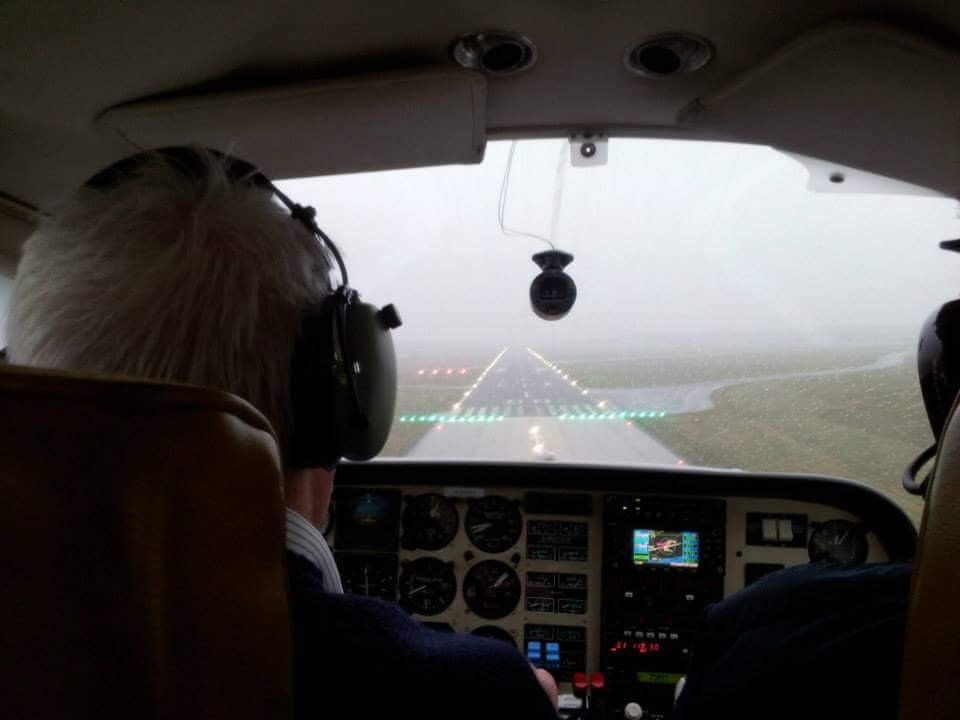Image: digitalpilotschool.com
EASA has published its opinion on proposed regulatory easements that will help EASA-rated private pilots gain their instrument rating faster, cheaper and more easily. By clearing the path for the “Basic Instrument Rating,” EASA is combining various regulatory frameworks, allowing private pilots to gain access to instrument flying directly upon passing their EASA private pilot examinations. In the first part of the recently published opinion (PDF), EASA addressed the objectives established by the GA Road Map, which aims to provide simpler, lighter and better rules for general aviation.
With better and easier access to IFR flying, EASA says GA pilots will be able to plan cross-country flights with more confidence. EASA’s stated goal is to give pilots the tools to conduct these flights without having to complete time-consuming and often extremely expensive instrument rating courses. Changing access to IFR flying for private pilots toward more of a performance/competency-based approach in several areas is geared towards avoiding over-regulation while still keeping enough regulatory control to not compromise on safety. The opinion is now being submitted to the European Commission to be used as a technical basis to prepare EU regulations. This process started in 2016 and is expected to be concluded by the first quarter of 2021.
Meanwhile, EASA is ramping up on other ways to help VFR pilots learn how to deal with inadvertent flight into IMC conditions. The agency is conducting its first-ever VFR into IMC workshop this March, highlighting the risks of continuing flight into marginal weather conditions. A well-known training organization will provide simulator access for pilots to experience the sensation of losing visual cues upon entering clouds. As Wendel Lynch from EASA told AVweb, the agency was completely overwhelmed by interest from a variety of European pilots and is already seeking to find ways to repeat the exercise.
Through the workshop and seminars, EASA says it is seeking to create an open microphone environment for pilots to share their experiences, while also collecting useful feedback from the flying crowd to work more efficiently alongside the pilot community on reducing inadvertent IMC accidents.


































